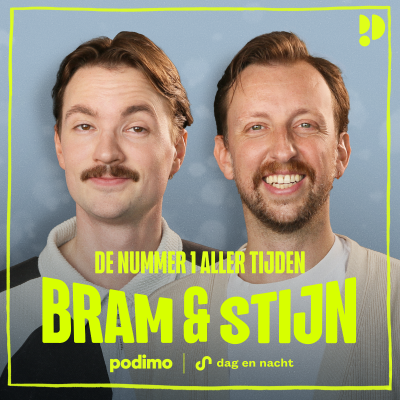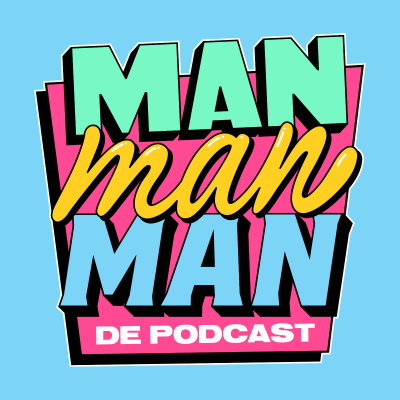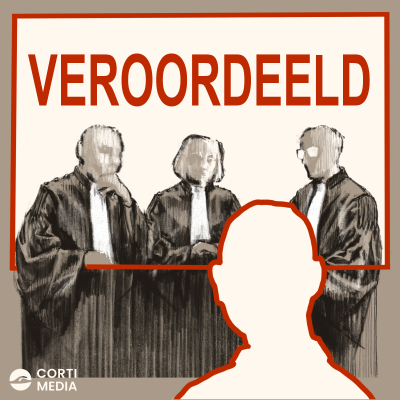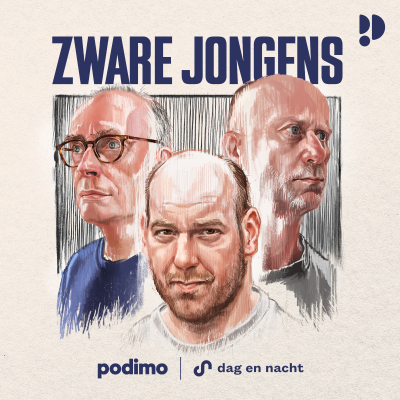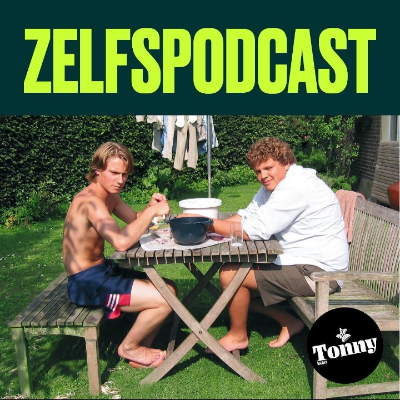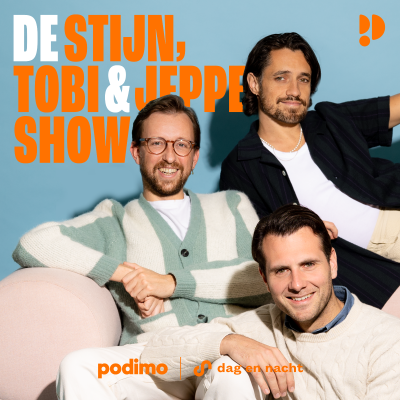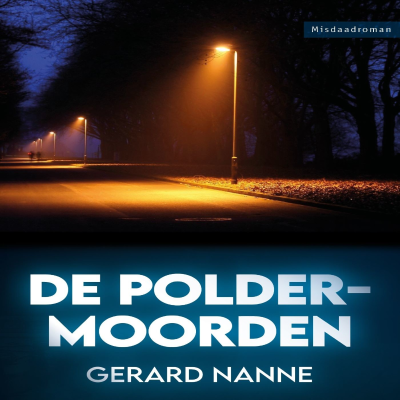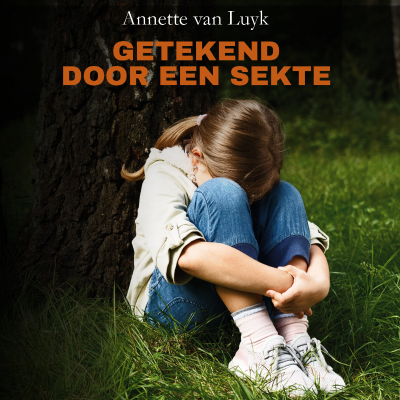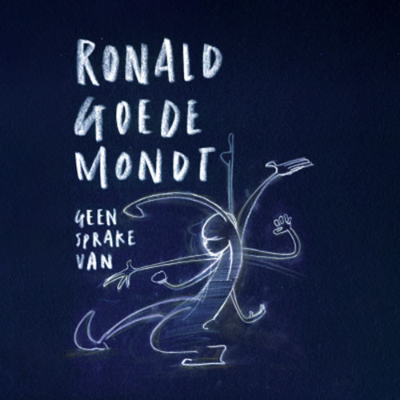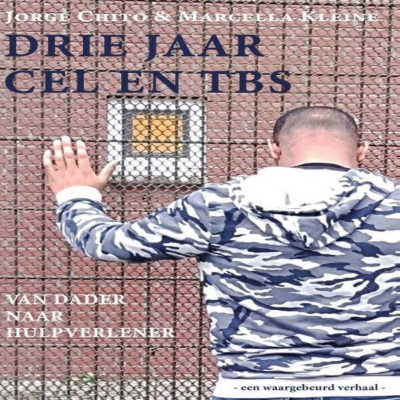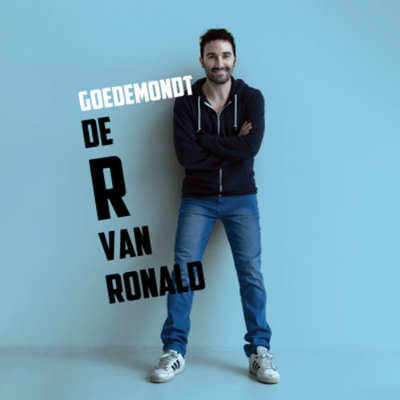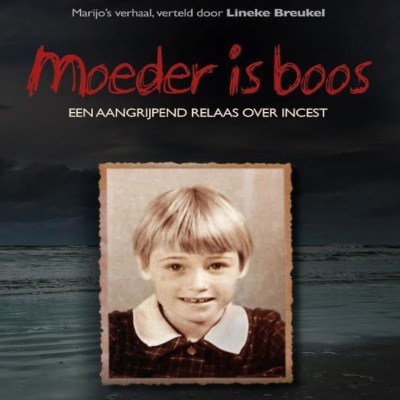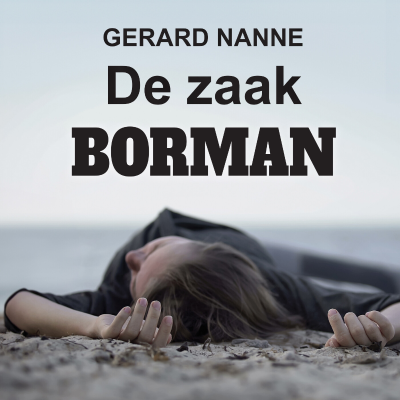
CAST IT (audio)
Podcast door IT University of Copenhagen
Tijdelijke aanbieding
2 maanden voor € 1
Daarna € 9,99 / maandElk moment opzegbaar.

Meer dan 1 miljoen luisteraars
Je zult van Podimo houden en je bent niet de enige
Rated 4.7 in the App Store
Over CAST IT (audio)
Meet Associate Professor Thore Husfeldt from IT University as host while he talks to other researchers about the fundations of IT. The podcast is a popular science program about foundational issues of IT hosted at IT University of Copenhagen.
Alle afleveringen
17 afleveringenFelienne Hermans is full professor of Computer Science Education at the Vrije Universiteit Amsterdam. Felienne is the author of the 2021 book The Programmer's Brain, a very readable and highly insightful introduction to the cognitive science behind how human brains learn programming. Why is programming hard to learn, and what can we do about that, both as learners and teachers? We recommended this for everyone, but it is particularly useful for those who just started to learn programming, as well as people who try to teach others. Felienne’s most recent project is Hedy, a programming language aimed at beginners – including children – and that realises many of the insights from The programmer’s brain about why programming is hard to learn. Hedy is a “real” programming language in that it is unapologetically text-based, but the language design is gradual, progressing from an extremely lenient but incomplete language to a nontrivial subset of Python. The language is under active development and constantly exposed to feedback from children who actually learn programming. We find this brilliant and are particularly impressed by the possibility of Hedy to teach some programming to everyone, rather than all programming to some people. [http://video.itu.dk/64968555/89436933/8143f5e7d99bd60f2f1d5b8d83a6b1e0/standard/download-13-thumbnail.jpg]http://video.itu.dk/photo/89436933/felienne-hermans-the-programmers
Nutan Limaye is an associate professor at IT University of Copenhagen and an internationally leading researcher in computational complexity. Nutan’s research focus is on the most prestigious and fundamental questions in computer science, namely: which problems can be solved with limited computational resources? Her recent breakthrough result, with Srinivasan and Tavenas, received the best paper award at the Foundations of Computer Science conference in 2021 and shows that algebraic circuits of constant size require superpolynomial depth. We ask Nutan what these words even mean, and take a deep dive into the foundations of computer science. What are computational problems, computational models, algorithms, and how does one reason scientifically about such broad concepts? In particular, how does an impossibility result even make sense: how can one prove that a problem can never be solved, no matter how many clever ideas we (or anybody else) may have in the future? For more information: thore@itu.dk [http://video.itu.dk/64968566/74240381/7c087a2e2612a3b641f9d75d891cf784/standard/download-23-thumbnail.jpg]http://video.itu.dk/photo/74240381/nutan-limaye-computational
Mikkel Thorup is professor of Computer Science at Copenhagen University and an internationally leading researcher in the theory of algorithms. During the Covid-19 pandemic, he has served on the scientific board advising the Danish authorities on the development of a national contact tracing app using mobile phones for exposure notification. We sit down with Mikkel, exposure notification apps dutifully switched on, and talk about how such an application works. The Danish system, “SmitteStop”, uses Digital Privacy-Preserving Proximity Tracing. What does that even mean – how is the protocol defined, what is the mechanism by which privacy is preserved (and to which extent), and which role does the Google–Apple API play in the application? Apart from the technical issues, we probe several issues on the fault line of technology and society. What are the alternatives to privacy-preserving exposure notification? E.g., could we do much more, and – to the extent that our phones already track everything and we share it freely – why aren’t we just using that information during a pandemic? What are the trade-offs between safety and liberty, is privacy a form of manslaughter, whom should we trust with our data, and how do different cultures around the globe manifest in deciding these tradeoffs? [http://video.itu.dk/64968561/65606373/141b4b0e1ac016e3a689ae854b94789c/standard/download-4-thumbnail.jpg]http://video.itu.dk/photo/65606373/mikkel-thorup-digital-contact
Robin Hanson is an associate professor of economics at George Mason University and a research associate at the Future of Humanity Institute of Oxford University and one the world’s most influential futurists. We talk to Robin about how rigorous social science can help us describe a society in which “mind uploading” – the idea of simulating whole brains on digital hardware – might actually look. How does a society look where most minds live their lives in virtual reality, immortals in a world where labour is plentiful? Will the emulated humans be rich or poor, happy or miserable, care-free or stressed, honest or false, lazy or industrious, diverse or all the same? Will they fall in love, have friends, swear, distrust others, commit suicide, and find meaning in their lives? Robin’s book about this topic is “The Age of Em: Work, Love and Life when Robots Rule the Earth” (Oxford University Press, 2016). Robin blogs about rationality at http://www.overcomingbias.com [http://www.overcomingbias.com]. [http://video.itu.dk/13968030/37036035/d410dbae4eb9f32f4acdab5f1e65ecf6/standard/download-17-thumbnail.jpg]http://video.itu.dk/photo/37036035/robin-hanson-the-age-of-mind-uploading
Tim Roughgarden is professor in the Computer Science and Management Science and Engineering Departments at Stanford University. He is also a very active science communicator, hosting a popular algorithms course on the Coursera online learning platform. Among many recognitions, Tim has received the Gödel Prize for his research in computational game theory, a field that resides in the intersection of two disciplines: economics and computer science. We talk to Tim about one of the central insights of that work: the Prize of Anarchy, which quantifies the loss in efficiency of a system due to selfish behaviour of its agents. We also look at applications of game-theoretic algorithms in the real world, when Tim explains the role that computer science played in designing the 2016 “incentive auction” used to by the US Federal Communications Commission (FCC) to buy and sell broadcast airwaves. [http://video.itu.dk/27288169/35530356/902b3874c4db9cf34a1ca3dcc2c2e8a7/standard/download-10-thumbnail.jpg]http://video.itu.dk/photo/35530356/tim-roughgarden-the-price-of-anarchy

Rated 4.7 in the App Store
Tijdelijke aanbieding
2 maanden voor € 1
Daarna € 9,99 / maandElk moment opzegbaar.
Exclusieve podcasts
Advertentievrij
Gratis podcasts
Luisterboeken
20 uur / maand

